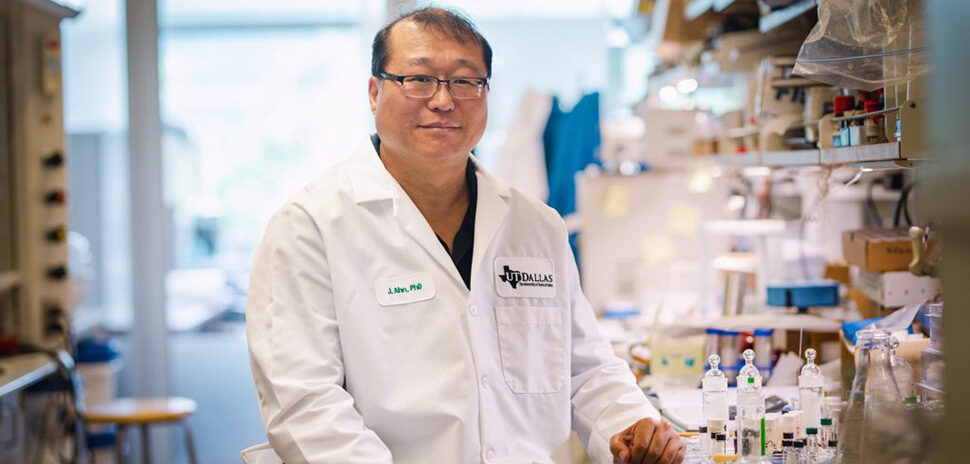NanOlogy LLC, a Fort Worth-based clinical-stage oncology company, announced it has been issued a U.S. patent for a new method for treating cancer.
NanOlogy said this method involves the use of large surface area microparticle taxanes that are injected directly into the tumor along with immune checkpoint inhibitors that are administered throughout the body. ICIs often are used in combination with other systemic cancer therapies, particularly in the treatment of solid tumors to prime the immune system to increase response.
According to Gere DiZerega, M.D., who serves as the chief medical officer at NanOlogy, the Cancer Research Institute reports that there are currently over 5,000 clinical trials taking place globally that involve immune checkpoint inhibitors. Many of the trials are focused on using these inhibitors in combination with other systemic cancer treatments for solid tumors.
The aim is to identify which combinations can increase the immune response and ultimately enhance the effectiveness of the overall treatment, Dr. DiZerega said in a news release.
He also notes that the use of multiple systemic therapies in combination can lead to the stacking of severe toxicities, which can be a major challenge in cancer treatment.
Adding to IP patent portfolio
Titled “Local Delivery of Antineoplastic Particles in Combination with Systemic Delivery of Immunotherapeutic Agents for the Treatment of Cancer,” the patent is valid in the U.S. until Nov. 25, 2038, and has corresponding filings globally, Vizient said.
The patent adds to an extensive global intellectual property portfolio of more than 250 issued or filed patents covering composition, formulation, use, and technology, the company added.
“With this patent added to our portfolio, NanOlogy is in a strong position to further investigate clinically whether the combination of its local LSAM investigational drugs with systemic ICIs increases response without adding toxicity as suggested in our preclinical and early clinical research,” Marc Iacobucci, a managing director for NanOlogy, said in a statement.
“Our goal is to improve cancer treatment and potentially offer a strategy for product lifecycle extension for ICIs when used in combination with our drug.”
The company noted that a growing body of preclinical and clinical data show local and systemic immunomodulation following local delivery of NanOlogy’s LSAM investigational drugs together with outside research pointing to the value of treating the primary tumor in neoadjuvant, locally advanced, and metastatic settings to improve clinical outcomes.
In all, NanOlogy said that its clinical programs have advanced tumor-directed LSAM investigational drugs in multiple solid tumors including pancreas, lung, bladder, peritoneal, ovarian, prostate, and dermal cancers.
According to NanOlogy, more than 170 patients have been treated to date across its clinical trials with signals of tumor and immune response and no confirmed drug-related serious adverse events.
NanOlogy also targeting lung cancer treatment
In November, Dallas Innovates reported that NanOlogy had completed the enrollment of 18 patients in a Phase 2a trial for its proprietary particle drug delivery with standard-of care therapy in nonoperable lung cancer patients.
Lung cancer is the most lethal form of cancer with the highest mortality rate, according to the biotech, which aims to improve the treatment of cancer with its tumor-directed technology. There were an estimated 1.8 million deaths globally and around 2.2 million new cases by the end of 2020 alone, it said, citing GLOBOCAN statistics.
NanOlogy said that preliminary results are encouraging. The tech-based particle delivery of the chemotherapy drug—known as IT LSAM-PTX, or intratumoral large surface area microparticle paclitaxel—is “well tolerated” with signs of tumor and immune response, NanOlogy said. Final data and clinical study report are expected by Q3 in 2023.
![]()
Get on the list.
Dallas Innovates, every day.
Sign up to keep your eye on what’s new and next in Dallas-Fort Worth, every day.






























